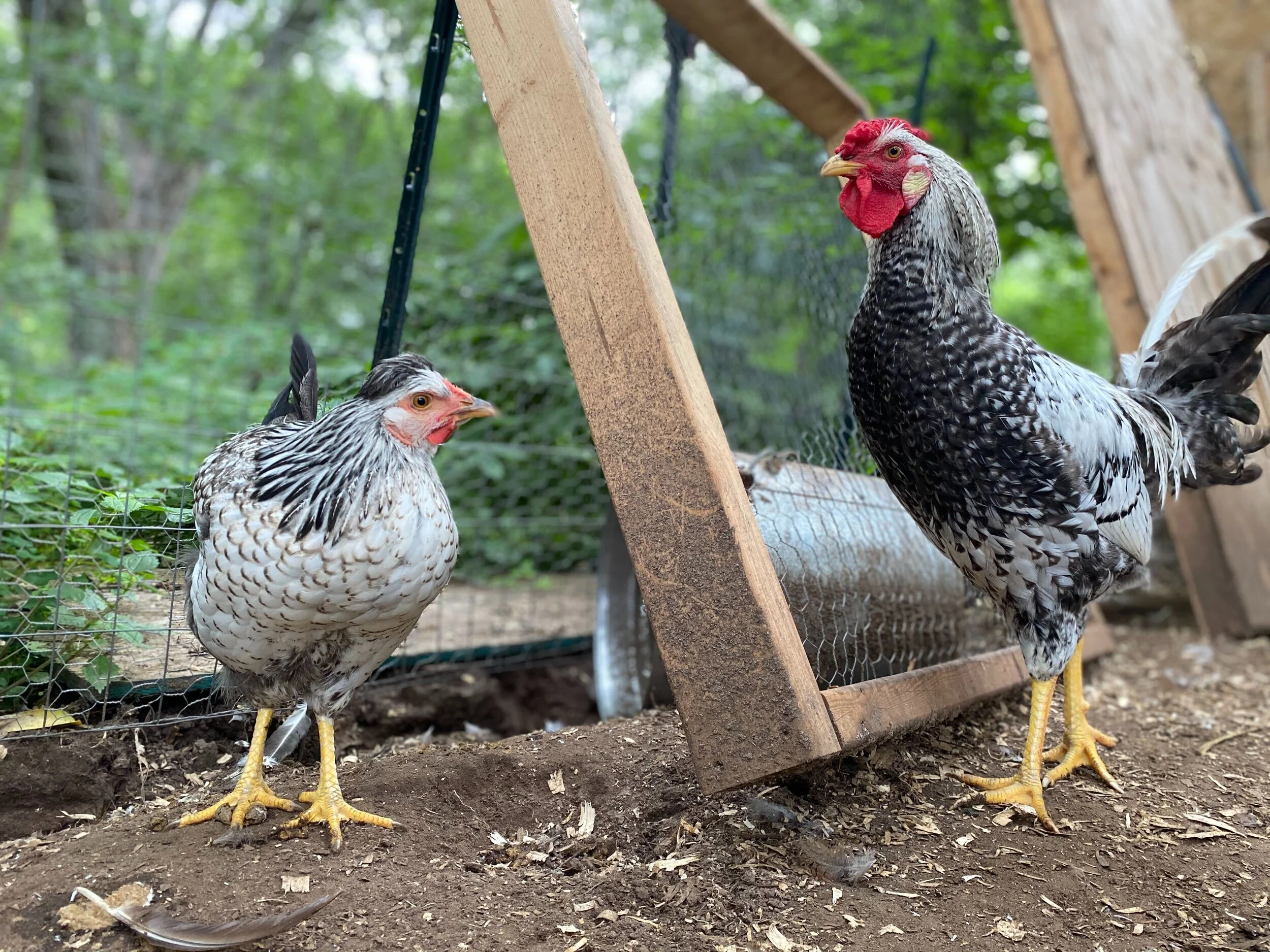4 Ways Local Food can Make you and your Community More Resilient
Food isn't just nutritious and tasty; it can also be the backbone of a healthy economy and a strong town. Here are four ways that we can use local food of all kinds—from home-grown to farm produced, from meat to veggies—to build resilient households and communities.
A home garden, even a small one, provides a wealth of benefits that will help your family be resilient in the face of economic changes. Strong Towns Pathfinder, Michelle Erfurt, wrote earlier this year about the many lessons her home garden has taught her. It has provided convenience, community connections and new skills for her whole family—plus it gets her kids eating vegetables they never would have tried if they hadn't grown them themselves.
Now that her garden is started, Michelle has a foundation of knowledge and food to build from year after year.
If you've got a backyard, you can build a profitable farm. Heck, if you have a friend who will let you use their backyard, you can be a farmer. That's what Curtis Stone, who runs Green City Acres in Kelowna, British Columbia, teaches through his urban farmer book, courses and YouTube videos. In this introductory video, you can learn how to start a profitable urban farm for $5,000 or less.
A small-scale farm puts food right in your neighborhood and provides a sustainable income stream that can employ multiple residents.
If you can't start a garden or farm yourself (or want access to additional foods that your home garden can't provide), build relationships with local farmers that will be mutually beneficial through the lean times. Buying a portion of local meat, for instance, can sustain your family for months while providing a farmer with guaranteed income. It's also often cheaper to purchase in bulk, and requires far fewer trips to the grocery store.
Connections with local farmers help us understand where our food comes from and ensure that we have access to it when times are tough.
Gardens are an excellent way to catch stormwater and help prevent flooding and pollution. Make them even more resilient and useful by having them double as produce. This summer, Strong Towns Director of Community Engagement, Kea Wilson, talked about her own plans for an edible rain garden in her backyard—one that will provide food for her family and take a load off her city's sewer system in the process.
The trees, bushes and plants she anticipates growing will thrive for years to come.
---
Want to test the resilience of your community's food system? Take the Strong Towns Strength Test, specifically question number 8. Learn how here. And to read more stories about household resilience, visit this page.
(Top photo source: Markus Spiske)







Not only does supporting local farms help with your place’s local economy, but it also has the potential to create a flourishing and connected culture of people—as seen in these stories from Brattleboro, VT.